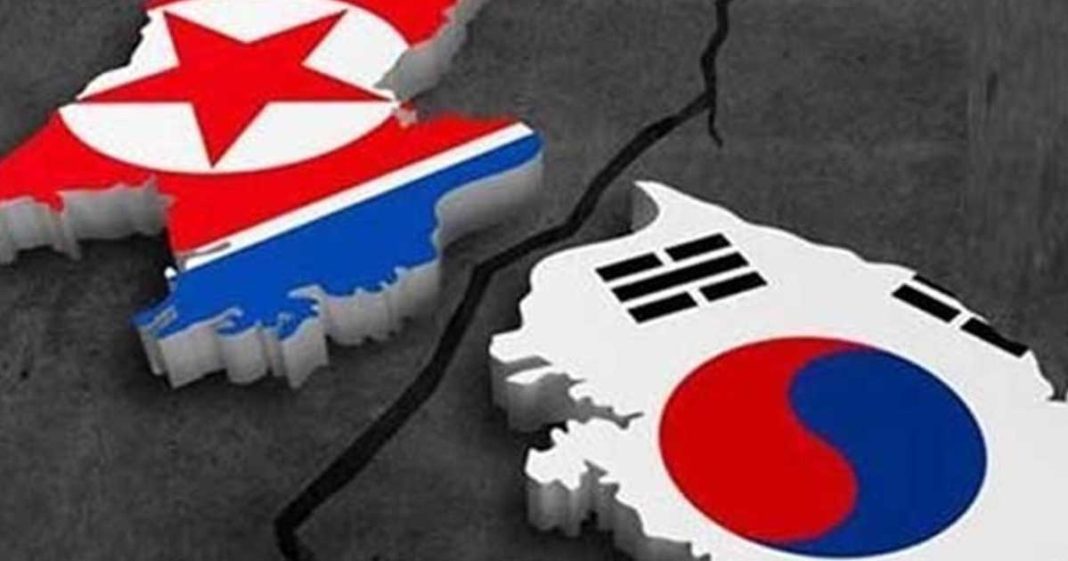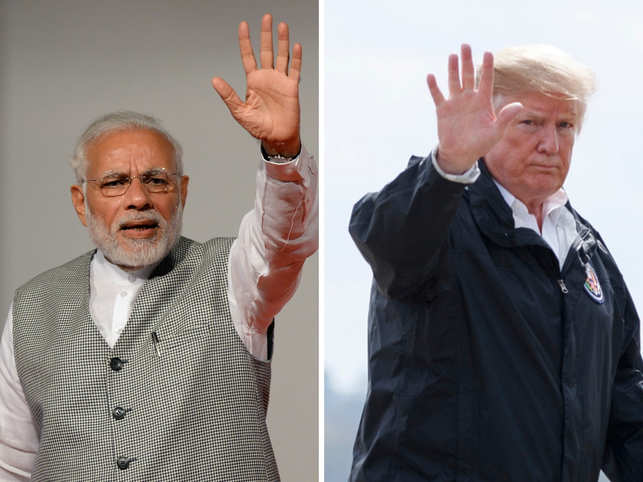On Tuesday, North Korea detonated sections of the Gyeongui and Donghae roads, significant symbolic routes that once connected the two Koreas, as confirmed by Seoul’s military. The destruction of these inter-Korean infrastructures north of the Military Demarcation Line (MDL) is seen as a significant escalation, reflecting Pyongyang’s growing hostility toward its southern neighbor. South Korea’s military responded with a “counter-fire” operation south of the MDL, although no damage was reported to its forces. Footage released by Seoul showed North Korean soldiers and heavy machinery at the demolition sites.
Pyongyang’s decision comes in the wake of leader Kim Jong Un’s declaration that South Korea is now the regime’s “principal enemy.” Analysts believe this move is not only a symbolic gesture but may also be part of a larger plan to install more physical barriers, such as anti-tank measures, further solidifying the division between the two Koreas.
Rising Inter-Korean Tensions
This demolition is the latest in a series of escalations by the North. Last week, Pyongyang announced its intention to permanently seal its southern border, informing the U.S. military to prevent any accidental conflicts. For months, the North has been reinforcing its defenses by laying mines, building barriers, and removing symbolic signs of inter-Korean unity such as street lamps along the Gyeongui and Donghae roads.
Read More: Political Parties Unite Over ‘Judicial Reforms Package’
These roads, which once symbolized the potential for reunification, now stand as stark reminders of division. South Korea’s unification ministry condemned the demolition as an “extremely abnormal” provocation, emphasizing that Seoul had invested millions of dollars in building these infrastructures. The North still owes repayment for these funds, the ministry pointed out, adding to the financial and political tensions.
Drone Controversy and Military Posturing
A significant source of tension also lies in the use of drones. North Korea accused the South of sending drones to drop anti-regime leaflets on Pyongyang, a claim Seoul initially denied but has since refused to comment further. Kim Jong Un’s sister, Kim Yo Jong, issued a fiery statement, saying the North had “clear evidence” of South Korean involvement, and warning of severe consequences if drones are detected again.
Drone activity has been a point of contention for years, with both sides accusing each other of incursions. Last year, North Korean drones crossed into the South, prompting warning shots and fighter jet deployments from Seoul, though none of the drones were shot down. In response to these challenges, South Korea has announced plans to deploy drone-melting lasers by the end of this year to strengthen its defenses.
International Reactions and Future Implications
China, North Korea’s traditional ally, called for restraint from all parties, urging both Koreas to avoid further escalating the situation. Despite these calls, the prospects for diplomacy remain bleak. Kim Jong Un’s regime appears increasingly unwilling to engage in dialogue with the South, preferring instead to focus on bolstering its military defenses.
The growing divide between the two nations raises concerns about future provocations. Analysts warn that North Korea may retaliate further if drones are detected or if the South continues its military exercises. The Korean Peninsula is now at a critical juncture, where the risks of misjudgment and military conflict appear higher than ever.














